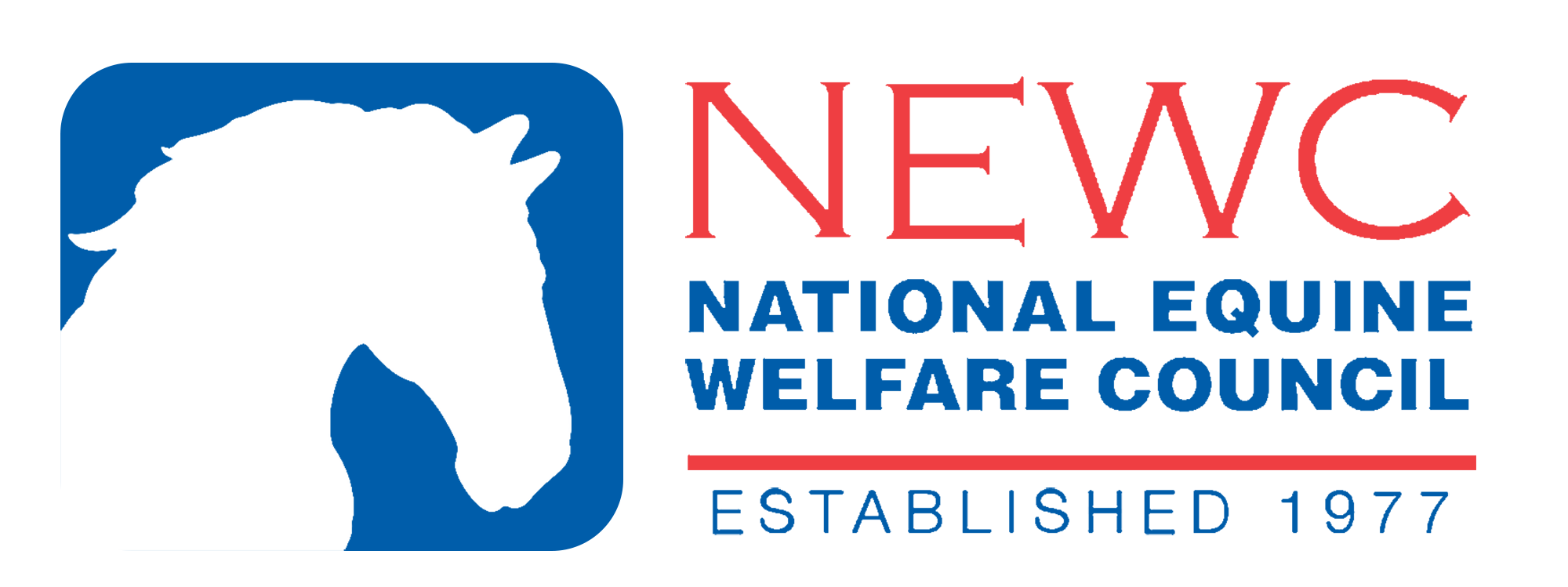

New research - How happy are equine athletes? Stakeholder perceptions of equine welfare issues associated with equestrian sports - has been published following a workshop held in March during which representatives from the animal welfare sector and different equestrian disciplines discussed welfare in sport.
The work, funded by the Animal Welfare Research Network and facilitated by NEWC, aimed to understand perceptions of current issues, attitudes towards welfare assessment and whether there is scope for change in these areas.
During the workshop, participants watched presentations from industry experts about different aspects of sport horse welfare including the importance of social licence in the future of horse sport, the ethics of sport, and welfare measurement tools. Discipline-specific focus groups, made up of individuals including riders, judges and stewards, then shared their views on topics including whips and spurs, field turnout, young horse classes and the physical and mental demands on competition horses.
It was discussed that there can be “conflict” between the demands of competition, stakeholders involved in a competition horse’s team such as the owner, rider and vet, and the innate needs of a horse, such as social contact, turnout, and emotional health. It was also recognised there is a need to be able to measure welfare better and that current welfare assessment tools were not suitable.
Lead researcher and NEWC director Dr Carol Hall told Horse & Hound with the FEI promoting the importance of producing “happy equine athletes”, there is a need to look at whether this was being done, what can be done better, and how to recognise what a happy competition horse is.
“We hoped the workshop would start discussions between those involved in the sport and welfare researchers to develop a means of monitoring the ongoing quality of life of horses across the board,” she said.
“We had discipline-specific focus groups because we wanted people to really investigate within their own sports what the main issues and challenges are. Within the groups people were very aware that from an outside perspective some things might not look acceptable in competition but the point was made as well that what people see is often just a snapshot of that horse’s life.
“There are various welfare assessments but they are not appropriate for everyday use in sport, so the long-term aim is to develop a way to evaluate whether competition horses are living the best quality of life possible.”
The open-access research paper in Animals journal can be viewed in full here.
The full Horse and Hound article can be accessed here.
